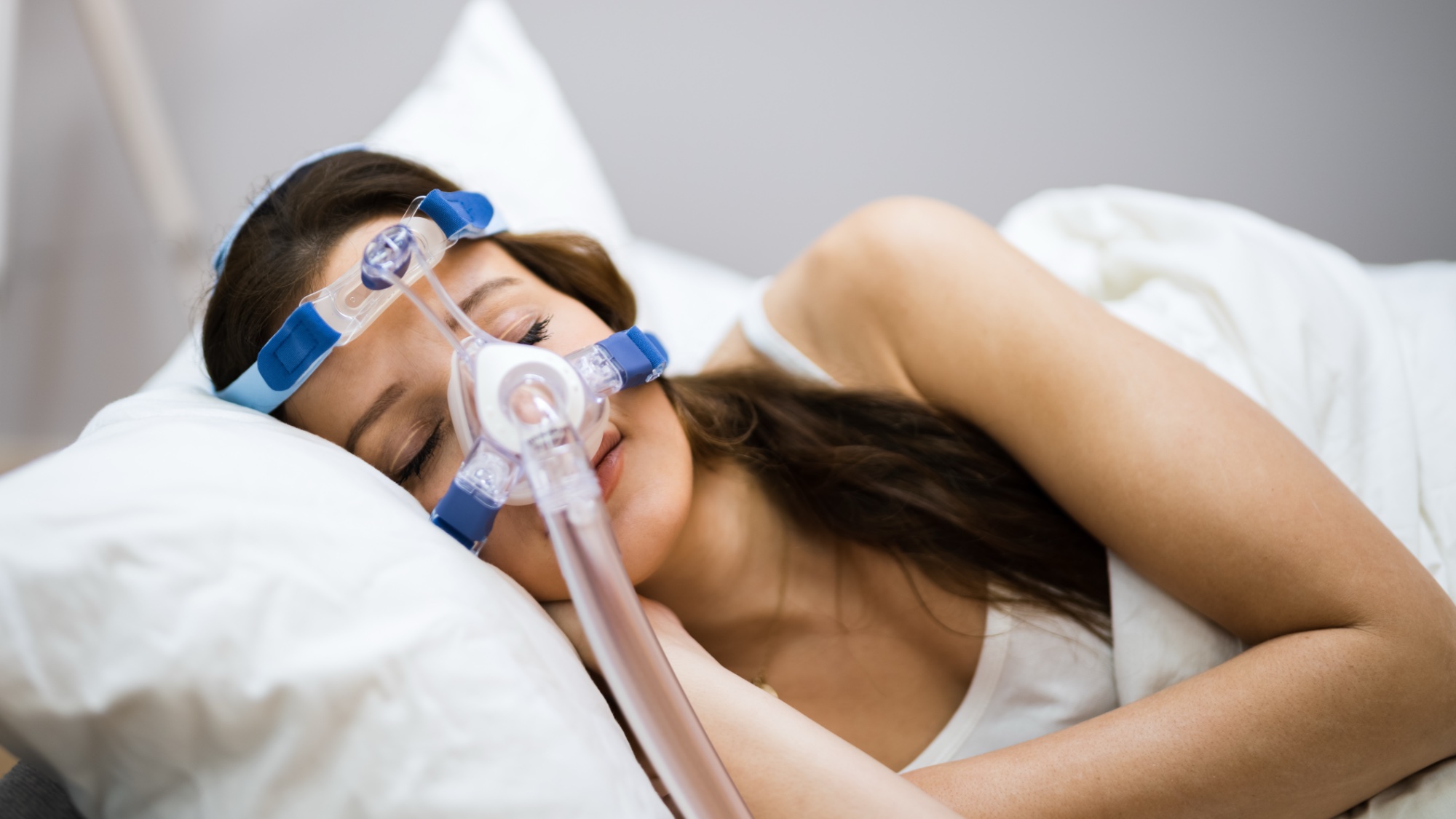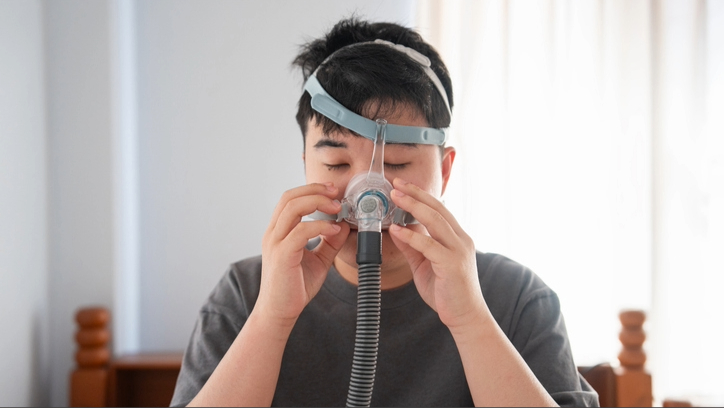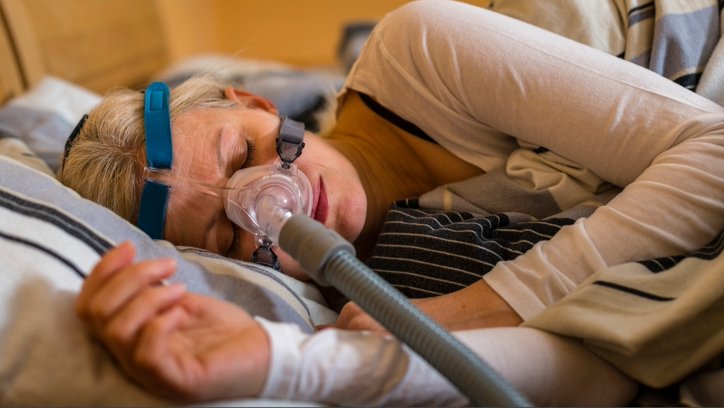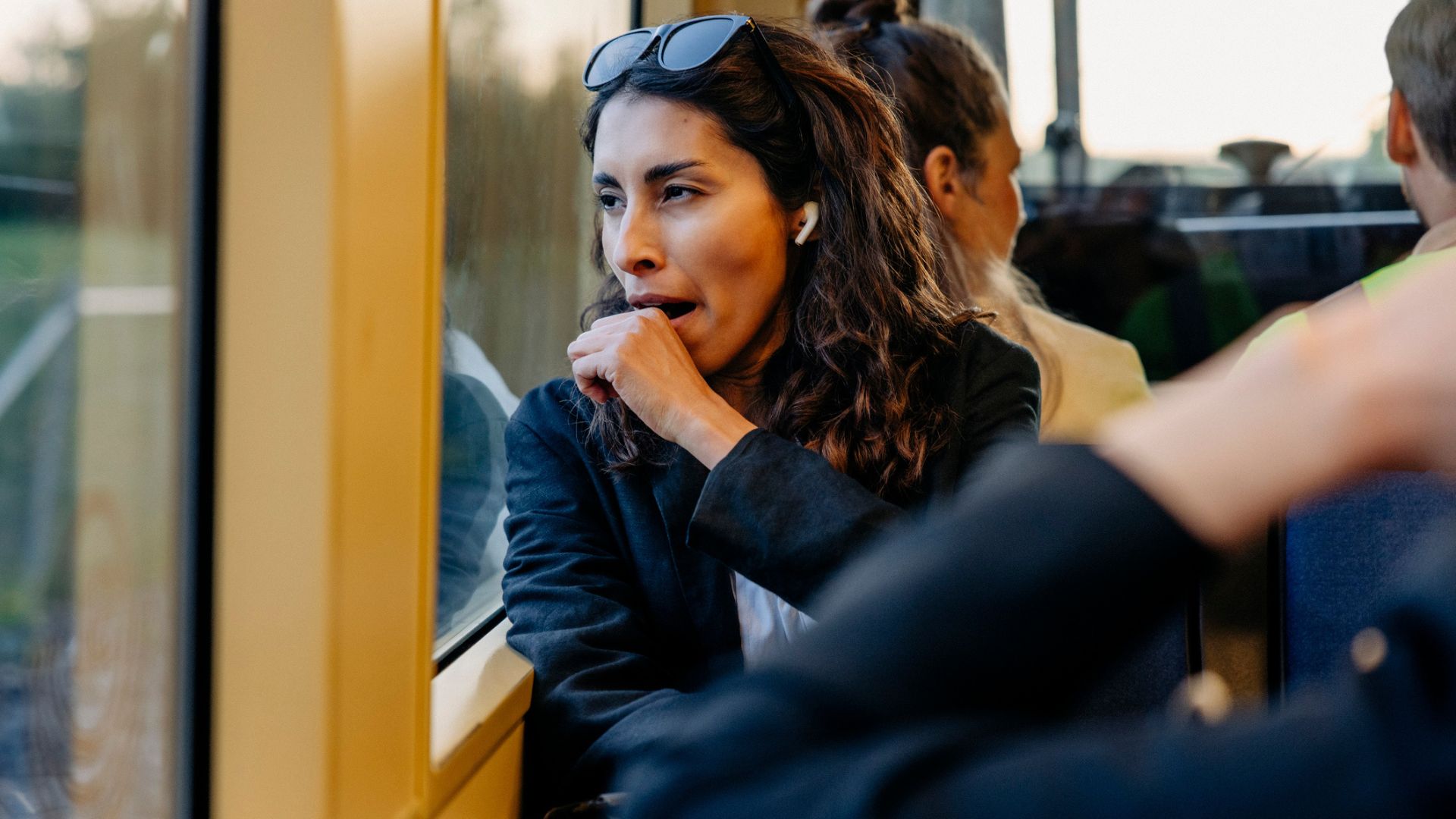
High temperatures are already known to play havoc with your sleep, as the body prefers a cooler feel when it comes to drifting off.
But stuffy nights might have a more dangerous impact on our rest than we previously realized, as a new wide reaching study has found a link between climate change-induced global warming and an increased risk of sleep apnea.
Characterized by trouble breathing during the night, sleep apnea is a dangerous condition already through to impact 936 million people worldwide.
And according to researchers, this number is set to rise, heightening the burden on both our healthcare system and your sleep.
Key takeaways from study
- Rising global temperatures are likely to result in more cases of OSA
- In areas without regular A/C usage, the impact will be higher
- Study estimates by 2100 the burden of OSA may have doubled
Recently published in leading journal Nature Communications, the study from Flinders University investigates the impact of higher temperatures on sleep apnea episodes in 116,620 participants over the course of three years.
Using under the mattress sleep trackers, the study found that on a given night, higher temperatures were associated with a 45% increase in the probability of experiencing symptoms of sleep apnea.

“This study helps us to understand how environmental factors like climate might affect health by investigating whether ambient temperatures influence the severity of OSA,” explains Dr. Bastien Lechat, lead author.
“Overall, we were surprised by the magnitude of the association between ambient temperature and OSA severity."
Based on these findings, researchers predict that in the next 75 years the societal burden of OSA, including associated healthcare costs, might double.
The study notes that the impact was most frequently observed in European countries, compared to Australia and the US. Dr. Lechat theorizes the difference might be due to air conditioning, more prevalent in the latter areas.

Dr. Danny Eckert, senior researcher, further points out that as the study is skewed towards higher economic areas — where air conditioning is more readily available — the estimated health and financial impact might actually be an underestimate.
Increased sleep apnea cases linked to other medical issues
Sleep apnea is characterized by breathing disruptions as you sleep. There is currently no cure for sleep apnea, although the symptoms can be managed.
Untreated sleep apnea carries severe risks, including fatigue, a reduced quality of life and a higher danger of being involved in traffic accidents.
Untreated and severe sleep apnea has also been linked to an increased risk of dementia and cardiovascular disease, as well as anxiety and depression.

If higher global temperature cause cases of sleep apnea to rise, we might also see an increase in these comorbidities.
“The increase in OSA prevalence in 2023 due to global warming was associated with a loss of approximately 800,000 healthy life years across the 29 countries studied.," explains Dr. Lechat.
The research team hopes this study will be the first step in developing strategies to reduce the impact of ambient temperature on sleep apnea.
Common symptoms of sleep apnea
Sleep apnea symptoms can be hard to spot, as the most obvious signs of apnea occur when you're asleep. However, the symptoms listed below offer an indicator of sleep apnea that can help you seek a diagnosis.
- Snoring: Sleep apnea occurs when the airway is blocked which also results in loud snoring. Although this symptom is commonly spotted by a bed partner, you might be snoring if you wake up with a dry mouth...
- Dry mouth: A dry mouth or sore throat are both signs you were breathing through your mouth during the night, which can be a result of sleep apnea.
- Frequent nighttime waking: When sleep apnea causes your breathing to stutter, your brain often responds by waking you up.
- Waking up with a headache: Due to the dry mouth, poor breathing and nighttime wake-ups, those with sleep apnea often start the morning with a headache.
- Daytime fatigue: Another sign that your sleep has been disrupted, those with undiagnosed sleep apnea often feel tired during the day even after what seems like a full night's rest.
If you suspect you're experiencing sleep apnea, we recommend speaking to a healthcare professional. They can help you find a diagnosis and develop an effective sleep apnea treatment plan.







